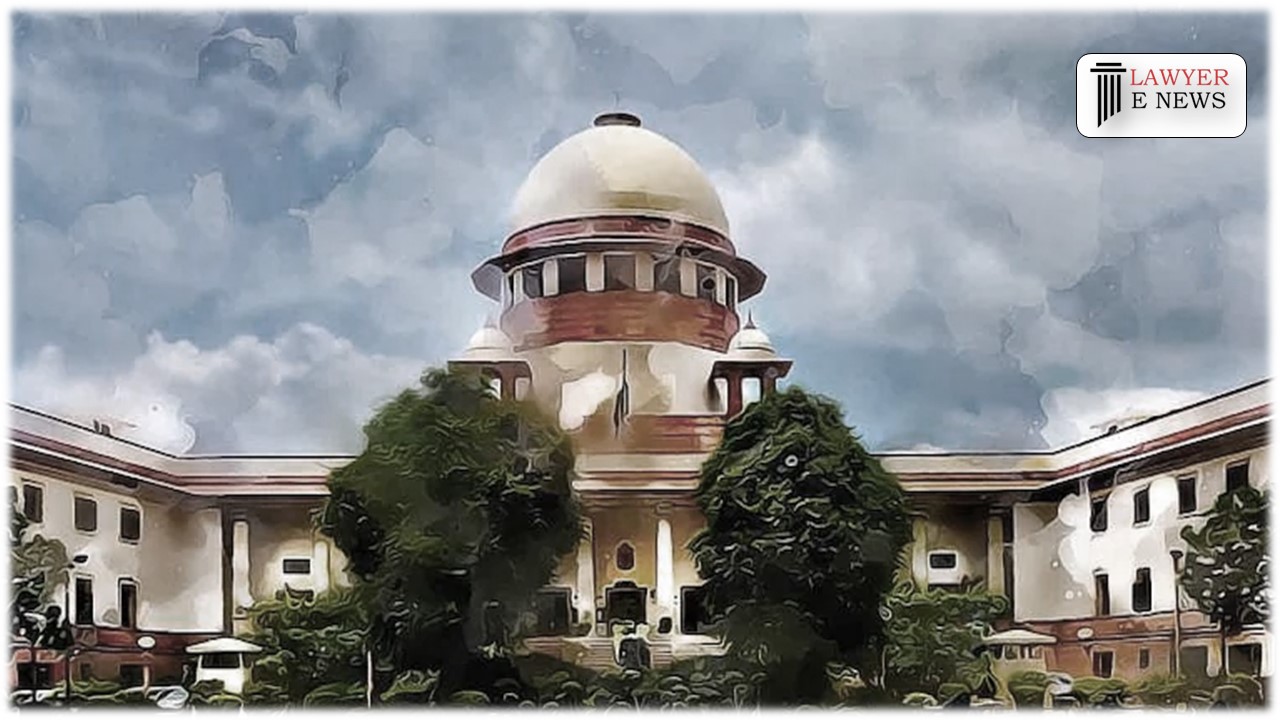-
by Admin
15 February 2026 5:35 AM



In a recent judgment, the Supreme Court of India clarified that no penalty shall be levied under Section 271C of the Income Tax Act, 1961 for belated remittance of Tax Deducted at Source (TDS). The court emphasized the strict interpretation of penal provisions and analyzed the relevant statutory provisions to arrive at its conclusion.
The case involved multiple appeals challenging the imposition of penalties under Section 271C of the Income Tax Act for belated remittance of TDS. The assessees contended that the penalties were not justifiable as they had deducted the TDS but remitted it belatedly. The issue before the court was whether penalties could be imposed for belated remittance of TDS under Section 271C.
The assessees argued that Section 271C(1)(a) only applies to cases of failure to deduct TDS, and the provision does not encompass belated remittance. They relied on the strict interpretation of penal provisions and emphasized that the language used in Section 271C(1)(a) clearly refers to "fails to deduct" and does not mention belated remittance.
On the other hand, the Revenue argued that Section 271C was inserted to penalize both non-deduction and belated remittance of TDS. They contended that any other interpretation would frustrate the purpose of the provision, which aimed to levy penalties for failure to deduct tax at source.
The Supreme Court carefully examined the statutory provisions, including Section 271C, Section 201(1A) (which deals with interest on belated remittance), and Section 276B (which addresses prosecution for failure to pay TDS). The court observed that Section 271C(1)(a) clearly focuses on the failure to deduct TDS and does not mention belated remittance.
The court further emphasized that penal provisions should be strictly construed and interpreted as they are, without adding or subtracting anything from the language. It held that the consequences of non-payment or belated remittance of TDS are specifically addressed under other sections of the Act, such as Section 201(1A) and Section 276B.
The court also referred to a CBDT Circular No. 551 dated 23.01.1998, which acknowledged that no penalty is envisaged under Section 271C for belated remittance or non-deduction of TDS. The circular clarified that penalties under Section 271C were meant for failure to deduct tax at source.
Based on the analysis of statutory provisions and the CBDT Circular, the Supreme Court ruled in favor of the assessees. It held that no penalty shall be levied under Section 271C for belated remittance of TDS after deducting the same. The court quashed the impugned judgments and orders of the High Court, allowing the appeals.
M/s US Technologies International Pvt. Ltd. Versus The Commissioner of Income Tax
